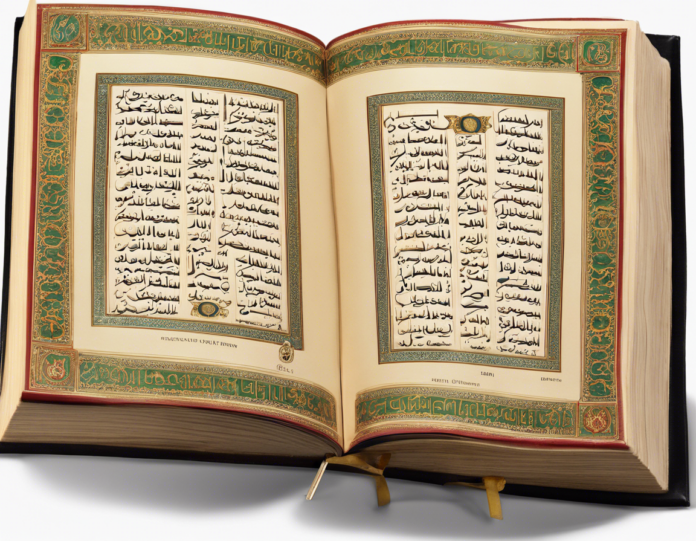The transliteration of the Quran is the process of representing the Arabic text of the Quran using the Roman alphabet. This practice is especially useful for Muslims who are not native Arabic speakers but wish to recite and understand the Quran in its original language. Transliteration provides a phonetic representation of Arabic words, allowing non-Arabic speakers to pronounce the text correctly.
Understanding Transliteration
Transliteration is not the same as translation. While translation involves conveying the meaning of words from one language to another, transliteration focuses on representing the sounds of words in another script. In the case of the Quran, since Arabic is written in the Arabic script, transliteration into the Roman alphabet helps non-Arabic speakers approximate the pronunciation.
Importance of Accurate Transliteration
Accurate transliteration is crucial for maintaining the integrity of the Quranic text. The Quran is revered by Muslims as the literal word of God as revealed to the Prophet Muhammad in Arabic. Therefore, maintaining the accuracy of the text, including pronunciation, is essential for recitation, understanding, and study.
Roman Transliteration Systems
There are various systems used for Roman transliteration of the Quran. Some of the common systems include the International Phonetic Alphabet (IPA), Arabic chat alphabet, and customized transliteration systems developed by scholars and publishers. Each system has its own rules for representing Arabic sounds in the Roman alphabet.
Transliteration Challenges and Solutions
Transliteration from Arabic to Roman script poses certain challenges due to differences in phonetic systems between the two languages. Vowel sounds, in particular, can be challenging to represent accurately. To address these challenges, scholars and linguists have developed standardized transliteration systems that aim to capture the nuances of Arabic pronunciation as closely as possible.
Benefits of Roman Transliteration
-
Enhanced Pronunciation: Transliteration aids in the correct pronunciation of Arabic words for non-native speakers.
-
Accessibility: It makes the Quran more accessible to a wider audience who may not be familiar with the Arabic script.
-
Educational Purposes: Transliteration facilitates the study and memorization of the Quran for learners at various levels.
-
Cultural Exchange: It promotes cultural exchange and understanding by enabling people from different linguistic backgrounds to engage with the Quran.
Guidelines for Using Roman Transliteration
-
Consistency: Use a standardized transliteration system consistently to ensure uniformity.
-
Study: Familiarize yourself with the rules of the chosen transliteration system to accurately represent Arabic sounds.
-
Consultation: Seek guidance from experts or resources to ensure accurate transliteration of Quranic text.
-
Practice: Regular practice is essential for mastering the pronunciation of Arabic words through transliteration.
Frequently Asked Questions (FAQs) about Roman Transliteration of the Quran:
Q1: Why is it important to transliterate the Quran into the Roman alphabet?
A: Transliteration helps non-Arabic speakers to pronounce Quranic verses correctly and engage with the text in its original language.
Q2: Are there standardized systems for Roman transliteration of the Quran?
A: Yes, there are several standardized transliteration systems that help maintain consistency and accuracy in representing Arabic sounds in the Roman alphabet.
Q3: Can transliteration replace learning Arabic for understanding the Quran?
A: While transliteration aids in pronunciation, learning Arabic is essential for a comprehensive understanding of the Quran’s linguistic nuances and depth of meaning.
Q4: How can one ensure the accuracy of transliterated Quranic text?
A: It is advisable to refer to reputable sources, consult with experts, and cross-check the transliterated text with the original Arabic to ensure accuracy.
Q5: Is Roman transliteration widely accepted in all Muslim communities?
A: While Roman transliteration is commonly used, some communities may prefer to recite the Quran in its original Arabic script and prioritize learning Arabic for a deeper connection to the text.
In conclusion, Roman transliteration of the Quran plays a significant role in making the sacred text more accessible to a global audience. By following standardized systems, maintaining accuracy, and understanding the nuances of Arabic pronunciation, individuals can effectively use transliteration as a tool for recitation, study, and contemplation of the Quran’s verses.

